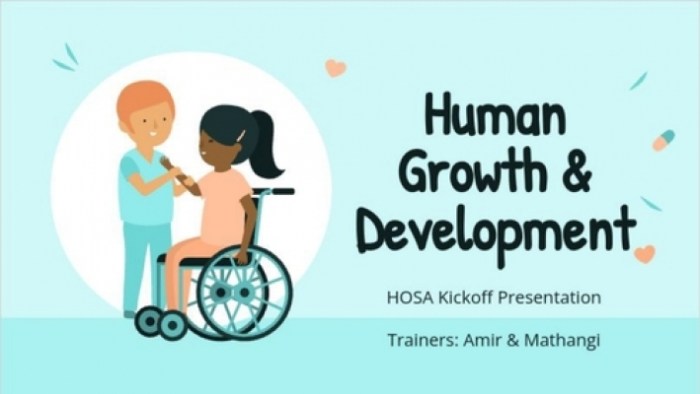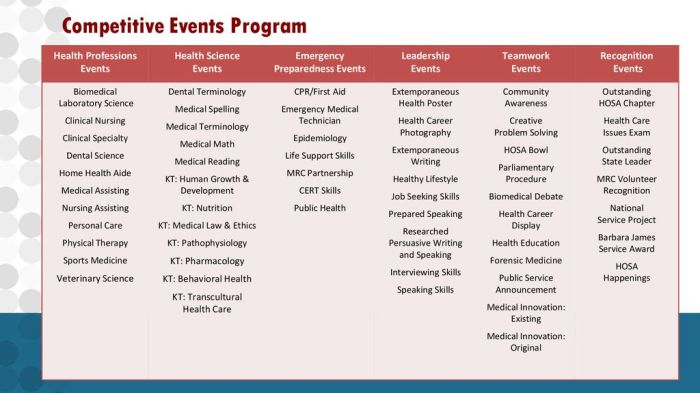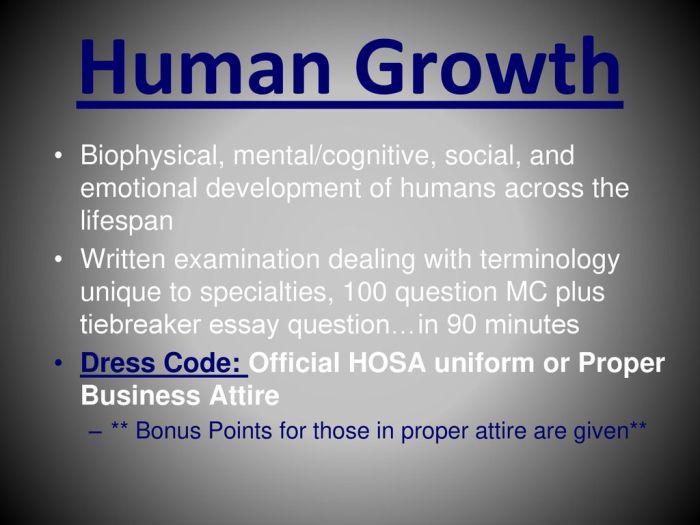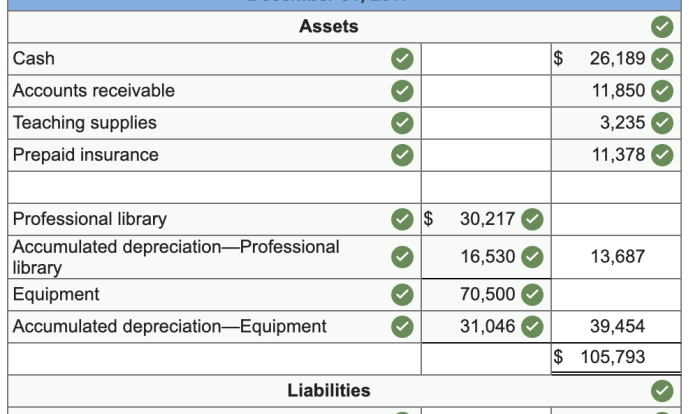Welcome to the definitive resource for the HOSA Human Growth and Development practice test. This comprehensive guide will provide you with all the information you need to succeed on this important exam.
The HOSA Human Growth and Development practice test is designed to assess your knowledge of the key concepts and principles of human growth and development. By taking this test, you can identify your strengths and weaknesses and develop a plan for further study.
Hosa Human Growth and Development Practice Test Overview

The Hosa Human Growth and Development practice test is a comprehensive assessment tool designed to evaluate candidates’ knowledge and understanding of the principles and concepts of human growth and development. The test covers a wide range of topics, including physical, cognitive, social, and emotional development, from infancy through adulthood.
The test is intended for individuals who are pursuing careers in fields related to human development, such as education, psychology, social work, and healthcare. It can also be used by students who are interested in gaining a deeper understanding of human growth and development as part of their general education.
Test Format and Structure
The Hosa Human Growth and Development practice test consists of 100 multiple-choice questions. Candidates have 120 minutes to complete the test.
The test is divided into four sections, each of which covers a specific content area:
- Physical Development
- Cognitive Development
- Social Development
- Emotional Development
Content Areas and Objectives
The Hosa Human Growth and Development practice test assesses candidates’ knowledge of the following content areas:
- Physical Development:Major physical milestones, motor skills, and health concerns throughout the lifespan.
- Cognitive Development:Theories of cognitive development, stages of cognitive development, and factors influencing cognitive development.
- Social Development:Theories of social development, stages of social development, and factors influencing social development.
- Emotional Development:Theories of emotional development, stages of emotional development, and factors influencing emotional development.
Question Types and Strategies, Hosa human growth and development practice test
The Hosa Human Growth and Development practice test uses a variety of question types, including:
- Multiple choice questions: These questions present candidates with a question or statement followed by several possible answers. Candidates must choose the best answer from the options provided.
- Short answer questions: These questions require candidates to provide a brief, written response to a question or prompt.
- Essay questions: These questions require candidates to write a more extended response to a question or prompt, demonstrating their knowledge and understanding of a specific topic.
To answer the questions effectively, candidates should:
- Read the questions carefully and identify the key concepts being tested.
- Recall the relevant information from their studies.
- Eliminate incorrect answer choices and select the best answer.
- Write clear and concise responses to short answer and essay questions.
FAQ Overview: Hosa Human Growth And Development Practice Test
What is the purpose of the HOSA Human Growth and Development practice test?
The purpose of the HOSA Human Growth and Development practice test is to assess your knowledge of the key concepts and principles of human growth and development.
What are the key concepts and principles covered by the test?
The key concepts and principles covered by the test include physical, cognitive, social, and emotional development.
What is the format of the test?
The test consists of 100 multiple-choice questions and has a time limit of 120 minutes.
How can I prepare for the test?
There are a number of ways to prepare for the test, including studying the HOSA Human Growth and Development textbook, taking practice tests, and attending review sessions.





